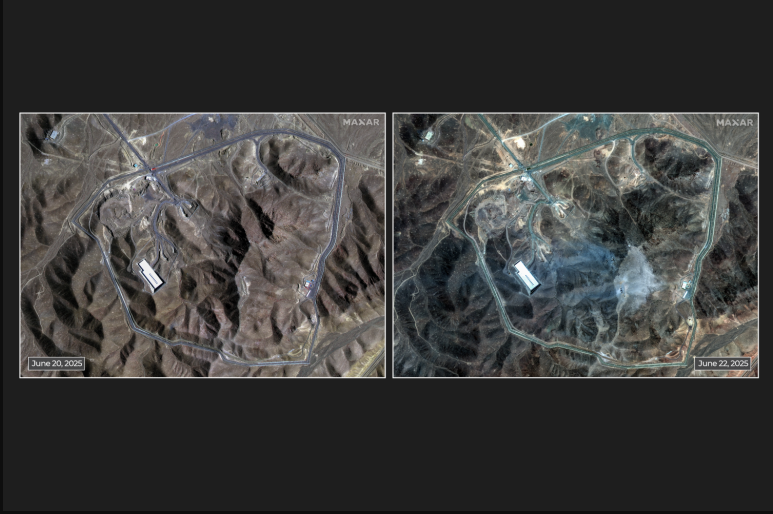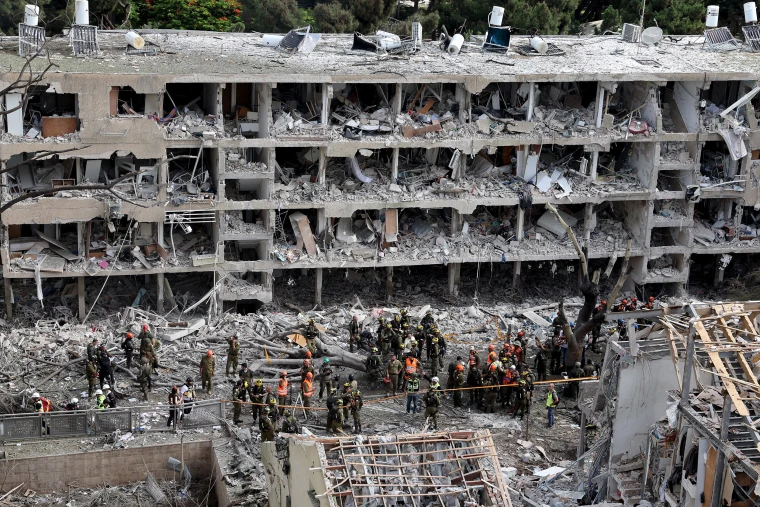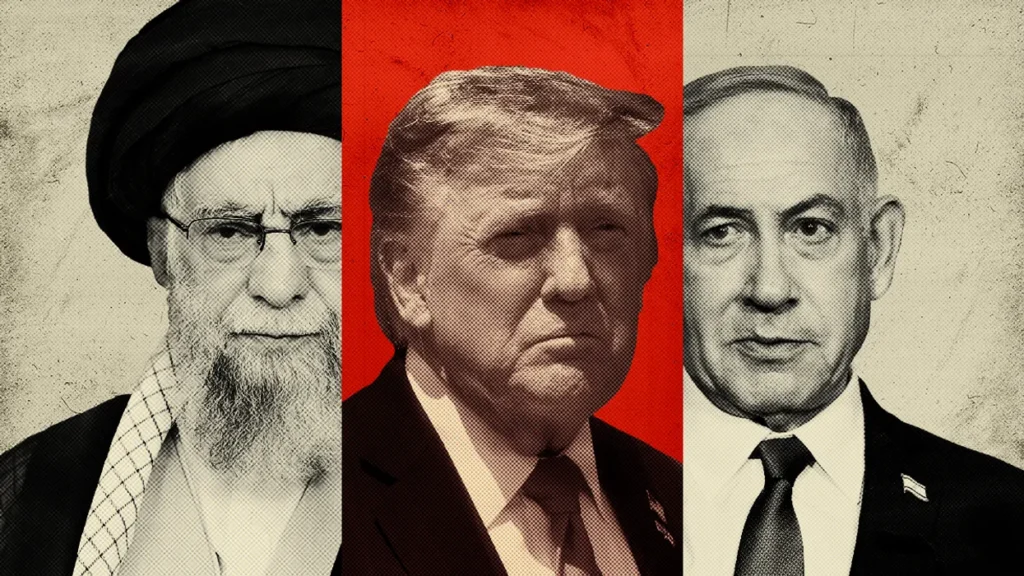
Recent reports of U.S. attacks on Iranian nuclear facilities have captured worldwide attention, with multiple essential sites reportedly obliterated. Although this military operation might have significantly impacted Iran’s nuclear capabilities, numerous experts are now concerned it could lead to the contrary long-term outcome: hastening Tehran’s pursuit of a nuclear weapon.
The Assault and Its Consequences
U.S. and Israeli sources indicate that underground enrichment sites at Natanz, Fordow, and Arak were attacked using precision munitions and cyber warfare techniques. Although he is no longer in office, former President Donald Trump took credit for having “strategically pressured” the Biden administration to act.
“These locations have been destroyed,” Trump stated in a press conference. He claimed that the action targeted the “core” of Iran’s nuclear arms initiative.
Iran has not formally recognized the extent of the destruction but has denounced the assault as an “act of aggression.” Iranian state media mentioned “foreign provocations” and “uncommon seismic activity” close to Natanz.

Will Iran Intensify Its Nuclear Ambitions Now?
Instead of hindering Iran’s nuclear goals, analysts believe this assault could motivate Iran to seek a bomb more intensely. Some contend that the strike confirms Iran’s enduring assertion that it requires a robust deterrent against external interference.
If Tehran perceives its infrastructure to be at risk, it might opt to surpass the nuclear threshold instead of remaining within the limits of global diplomacy.
The Islamic Revolutionary Guard Corps (IRGC) is on high alert, with unofficial sources in Iranian intelligence suggesting that “strategic retaliation will occur in time.” However, what concerns Western observers even more is the likelihood that Iran perceives nuclear weapons as an essential means of defense.
The Nuclear Journey of Ten Years
Iran’s nuclear initiative has faced significant global examination for more than twenty years. The 2015 Joint Comprehensive Plan of Action (JCPOA) established a structure to restrict uranium enrichment in return for lifting sanctions.
In 2018, the U.S. unilaterally exited the JCPOA during Trump’s administration. In reply, Iran started to slowly enhance its enrichment capabilities. By 2023, it had successfully refined uranium to 60% purity—almost at weapons-grade.
In spite of diplomatic initiatives, Iran persisted in advancing its centrifuge capabilities, accumulating enriched uranium, and restricting IAEA inspections.

Facilities Ruined, Yet Knowledge Endures
Although the damage to physical sites like Natanz and Fordow is considerable, Iran’s technical expertise, research capabilities, and human resources are preserved. Tehran still maintains control over nuclear scientists, engineers, and numerous pages of technical documentation.
Numerous specialists think Iran might restore swiftly — and with greater secrecy. If the nation believes diplomacy has not succeeded and that its foes will attack despite adherence, it might shift and grow its program underground or under a civilian facade.
Furthermore, Iran might pursue enhanced technical assistance or collaboration with non-Western partners, such as Russia and China.
Worldwide Issues and Diplomatic Challenges
The European Union, United Nations, and IAEA have urged for tranquility and asked Iran to return to adherence to global nuclear regulations. At the same time, Russia and China have denounced the supposed U.S. attacks.
Conversely, Israel embraced the action, describing it as a “preventive step against an increasing existential danger.”
Nonetheless, numerous diplomats caution that the military operations could have unintended consequences, leading Iran to cease all cooperation with global organizations and pursue irreversible actions towards developing weapons.
Conclusion: A Risky New Stage
The recent strikes might have hindered Iran’s nuclear advancements, but they could also ignite Tehran’s motivation to develop a nuclear weapon more rapidly than before. The globe is currently in a delicate predicament — where diplomacy is precarious and military escalation is a continual threat.
World leaders confront a monumental dilemma: either revive a meaningful, enforceable nuclear agreement or brace for a riskier era in the Middle East — possibly featuring an armed Iran.
with nuclear weapons.


